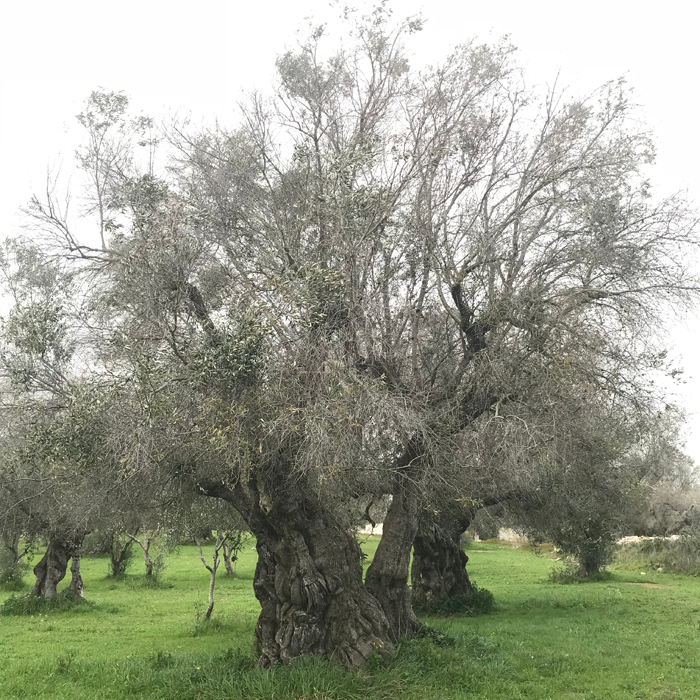Olive trees (Olea europaea) have been added to the government’s list of tree species included in the plant health statutory notification scheme for imports from the EU. These new measures, which came into force on the 26th November, will strengthen the UK’s protection against the risk of the plant disease Xylella fastidiosa.

The statutory notification scheme involves a legal requirement to notify the Animal and Plant Health Agency (APHA) in advance of the import of certain trees and plants from EU member states.
Olive trees are known hosts of the bacterium Xylella which causes disease in a wide range of plants grown in the UK and its introduction could have a significant effect on our landscapes. The government is following the situation in Europe closely where the disease has devastated olive groves in southern Italy and was recently intercepted at a wholesaler in Belgium.
Adding olive trees to the notification scheme is part of the government’s risk-based approach in tackling tree and plant diseases. It will help APHA inspectors target specific imported plant consignments, giving the best chance of intercepting any diseased plants at an early stage.
These new measures apply to England only but other parts of the UK are considering the introduction of equivalent legislation.
All growers and traders should take the following actions:
- ensure imported plants both originate from and are sourced from disease free areas
- source from known suppliers or visit suppliers to view their processes, procedures, bio-security arrangements and the plants they grow
- isolate or quarantine new batches of plants and monitor them during the growing season for signs of the disease
- ensure that plant passports arriving with plants are correct and keep the plant passport to aid trace back if necessary
- follow the full guidance on Gov.uk, including requirements on notifying imports to APHA the updated legislation can be read in full here
This update to the legislation follows the launch of the Government’s first Tree Health Resilience Strategy in May, which pledged tough action to protect the nation’s trees from pests, diseases and climate change. Further to this the newly published urban tree manual can be found here: https://www.forestresearch.gov.uk/tools-and-resources/urban-tree-manual/
There are other plants that must be notified if imported from the EU, including trees, potted plants and seeds. Some plants must have a plant passport for trading in the EU as part of the plant health controls. The notification requirements in this guide are in addition to the plant passport scheme.
You must tell the Animal and Plant Health Agency (APHA) if you’re bringing the following trees, plants and seeds into England and Wales:
- Oak
- Pine
- Elm
- Sweet Chestnut
- Plane
- Ash (currently prohibited)
- Prunus (e.g cherry, peach, plum, laurel)
How to notify go to https://www.gov.uk/guidance/importing-trees-and-plants-to-england-and-wales-from-the-eu
